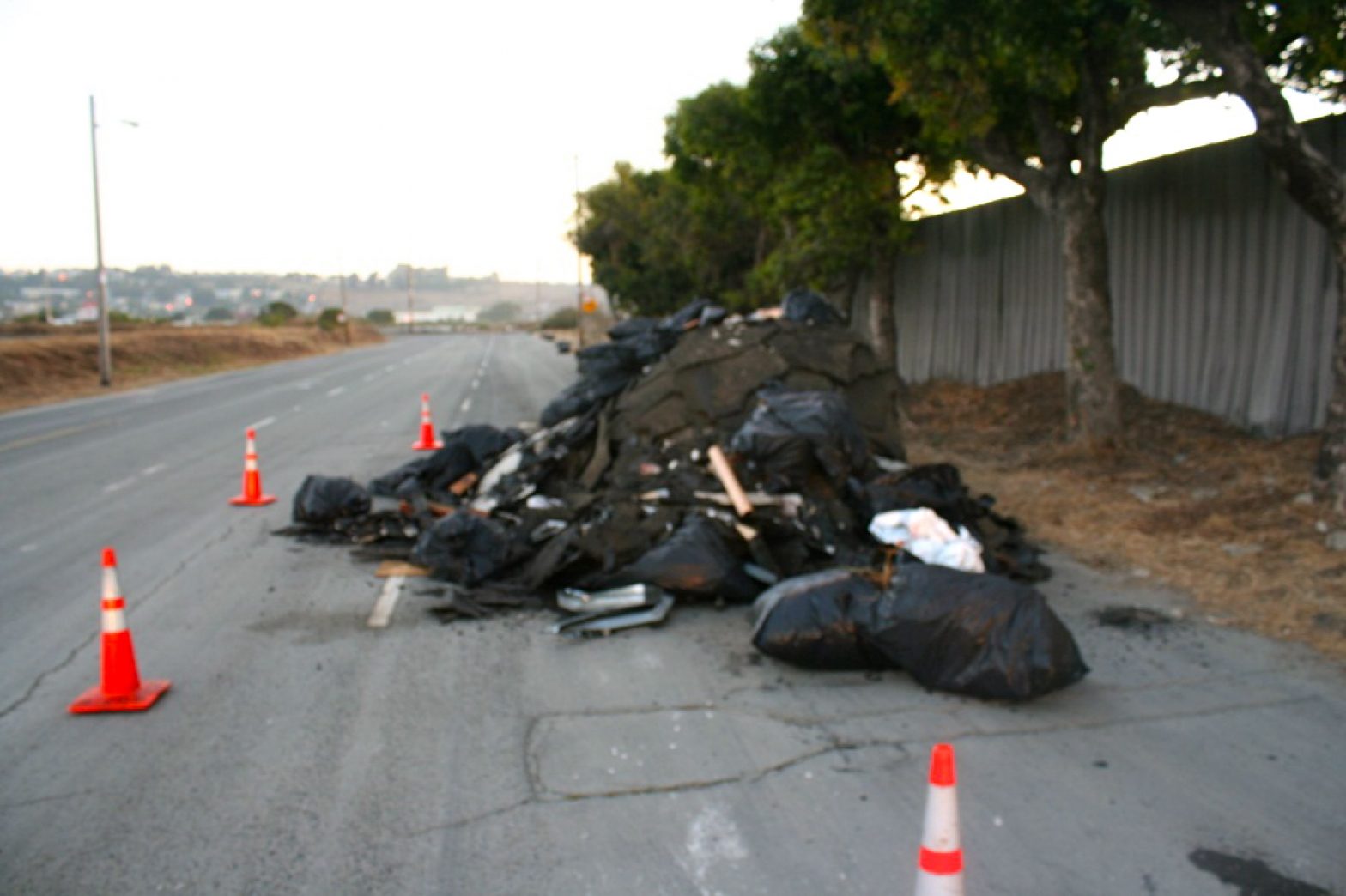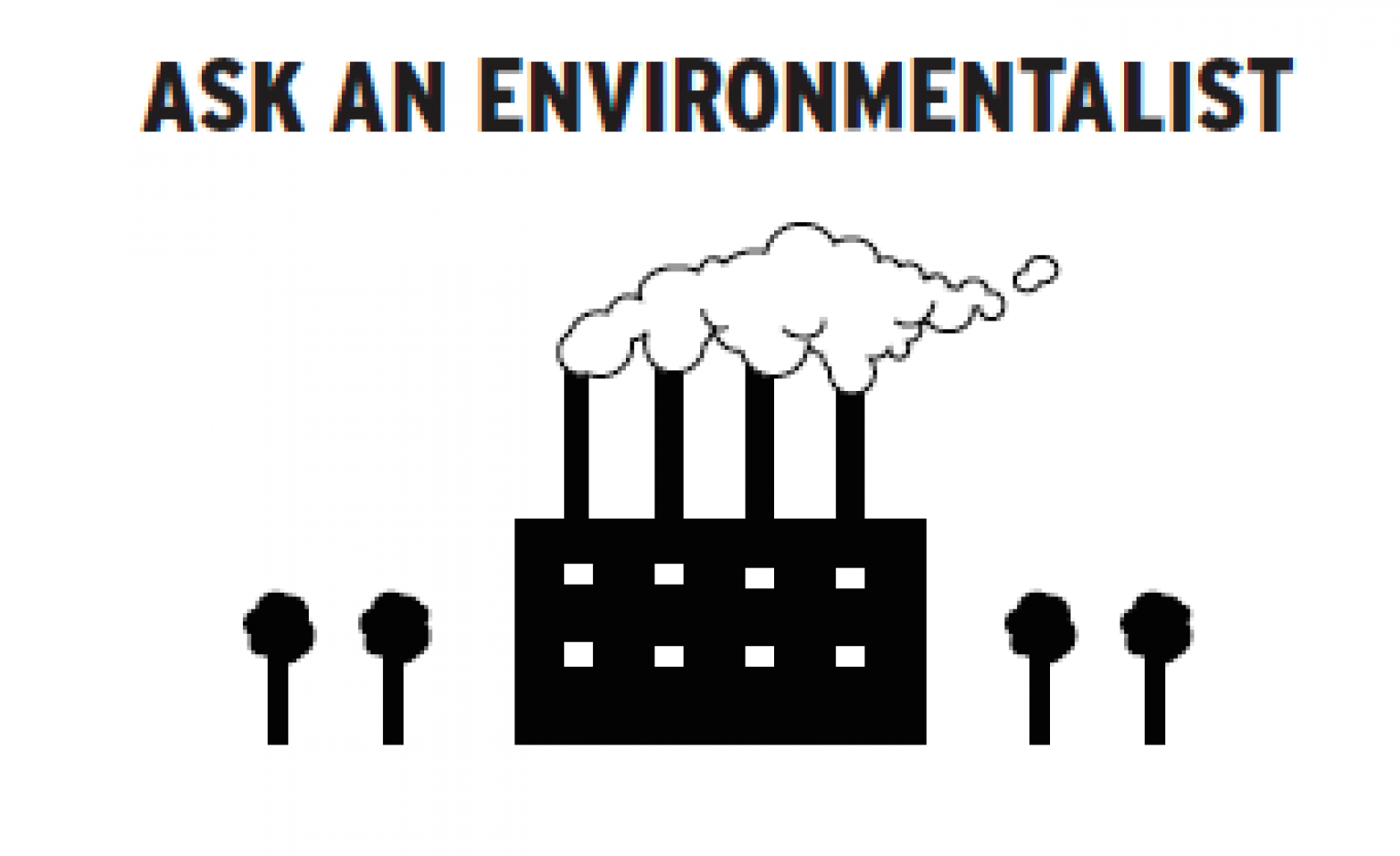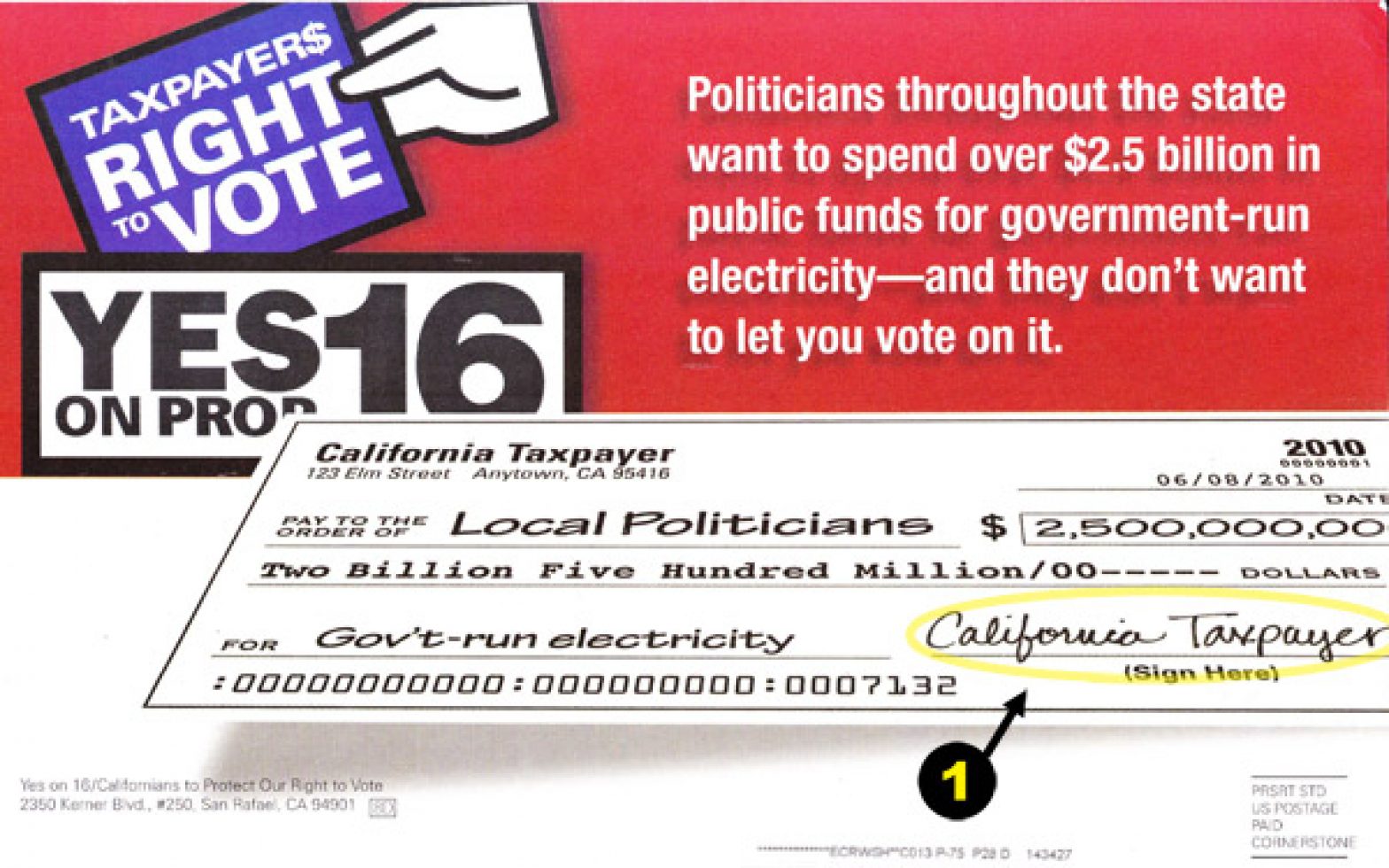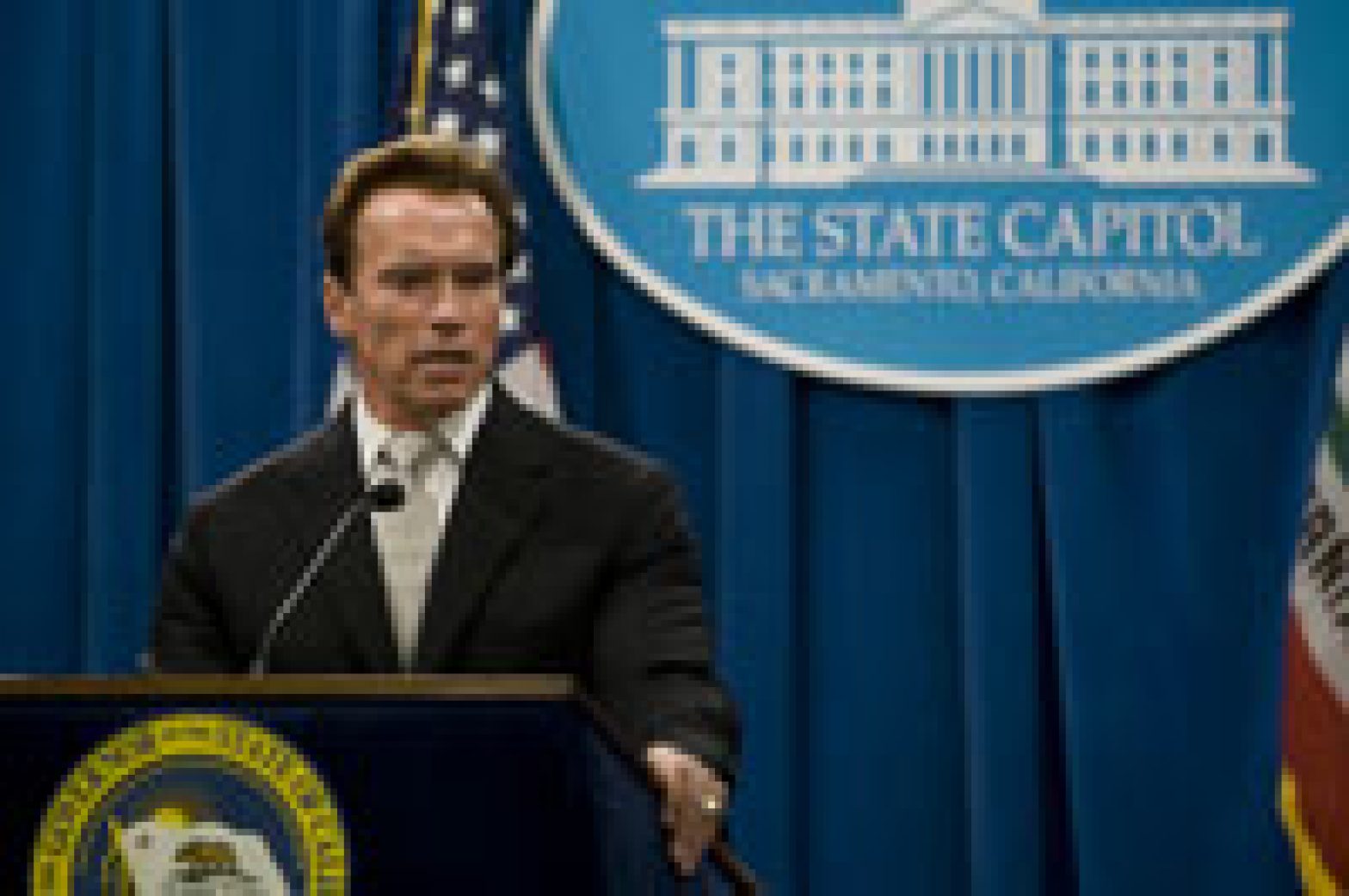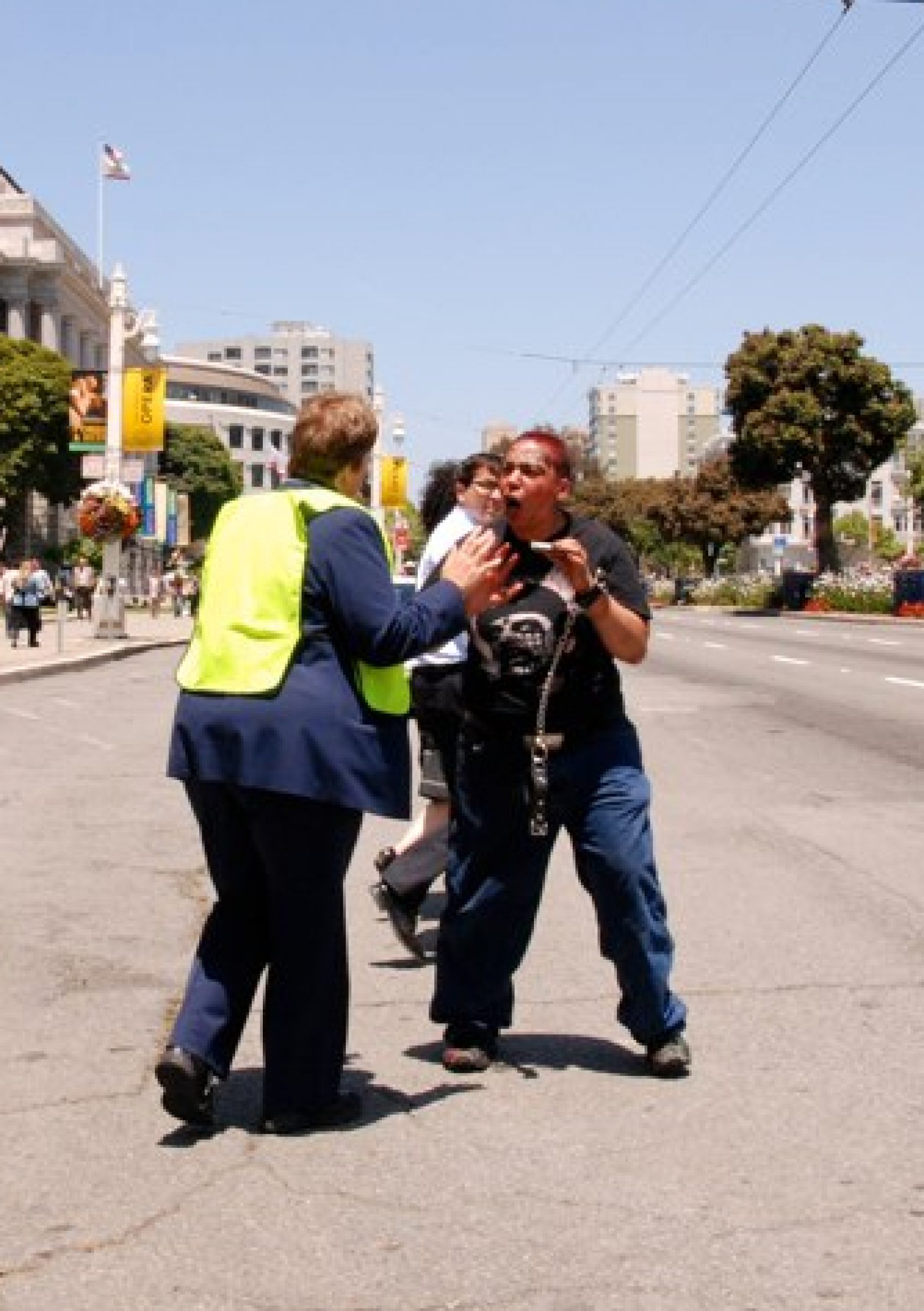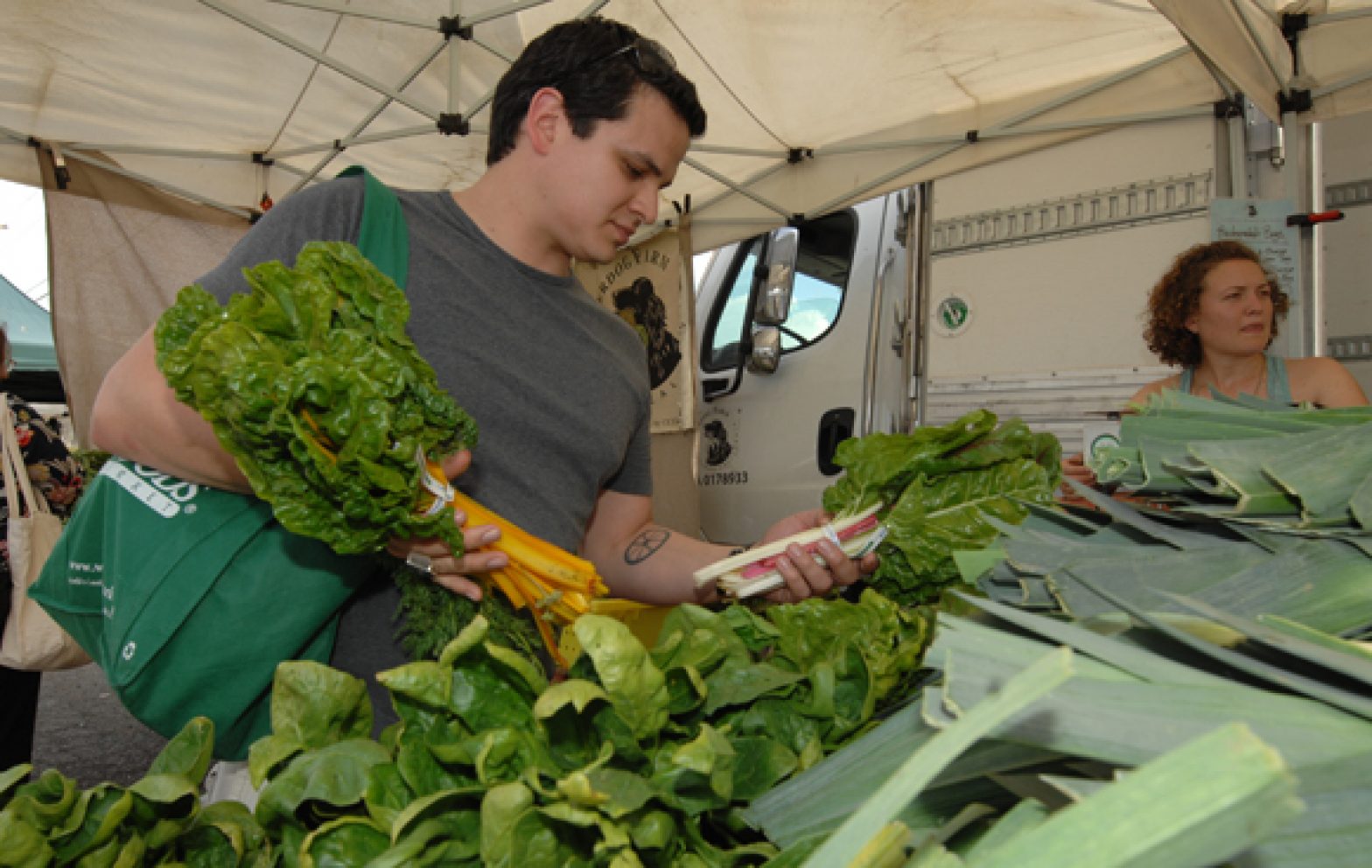City Hall
Illegal dumping costing city millions of dollars
The Department of Public Works wants residents to stop dumping unwanted items such as furniture and mattresses on city streets through a campaign launched last month and by the threat of fines of up to $1,000.
The department says illegal dumping is costing the city millions of dollars to clean up the mess left behind by residents and contractors. The city is encouraging residents to take advantage of free services offered by Recology Sunset Scavenger and Golden Gate.
The San Francisco Police Department and the City Attorney’s Office are also working to find those responsible for dumping construction materials in the Bayview-Hunter Point area.
